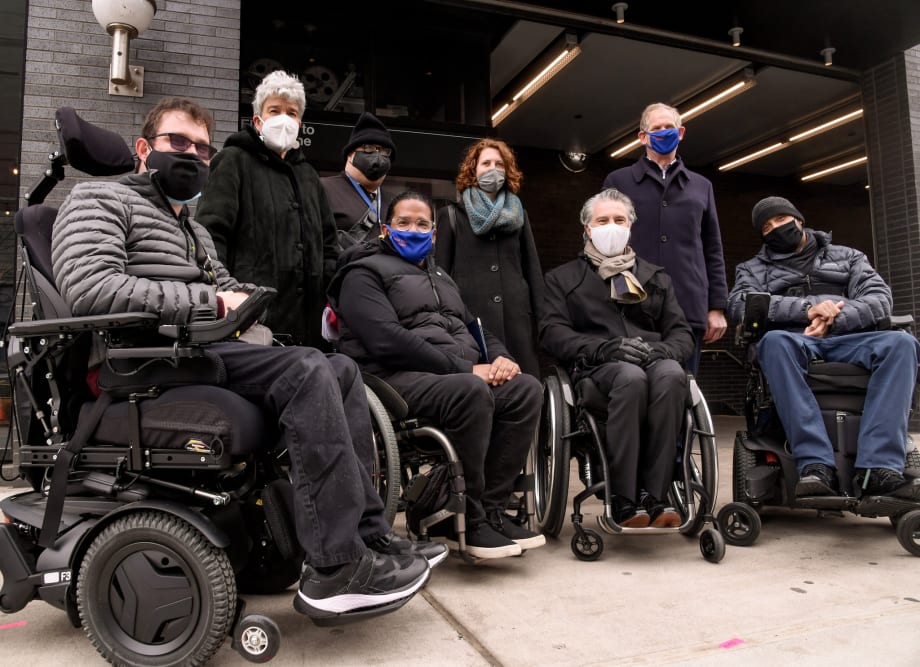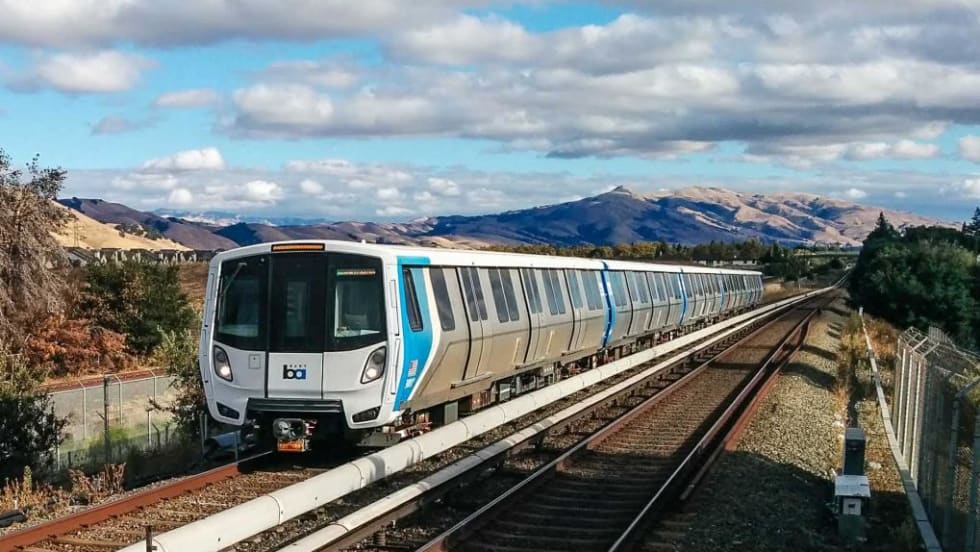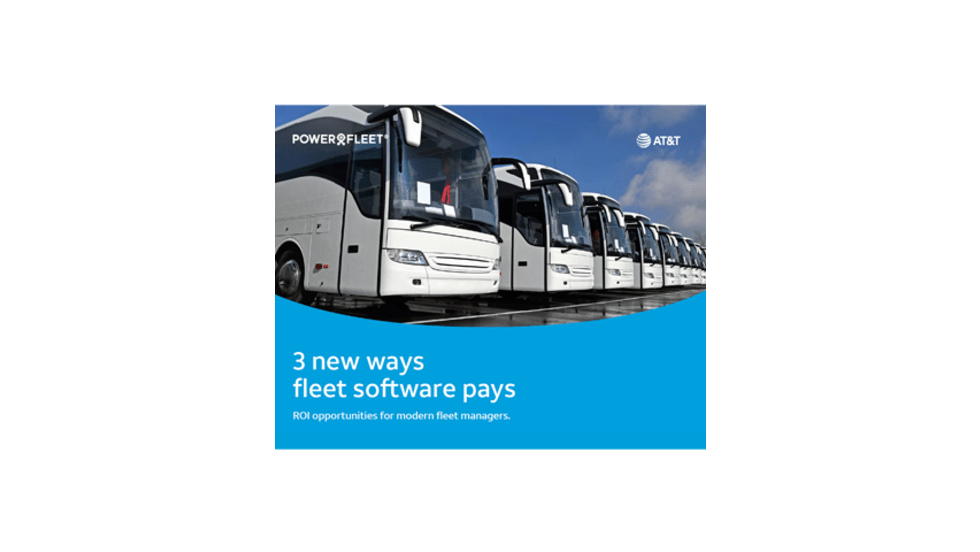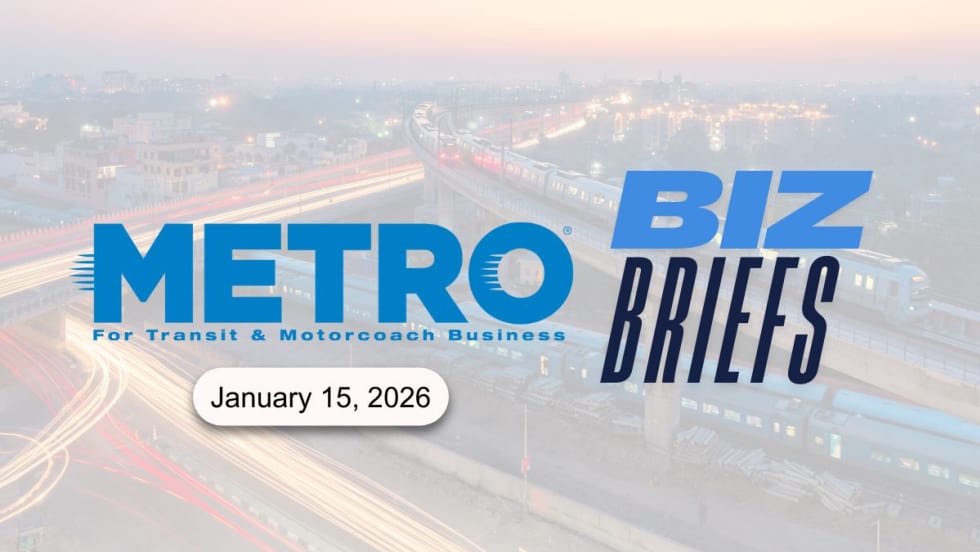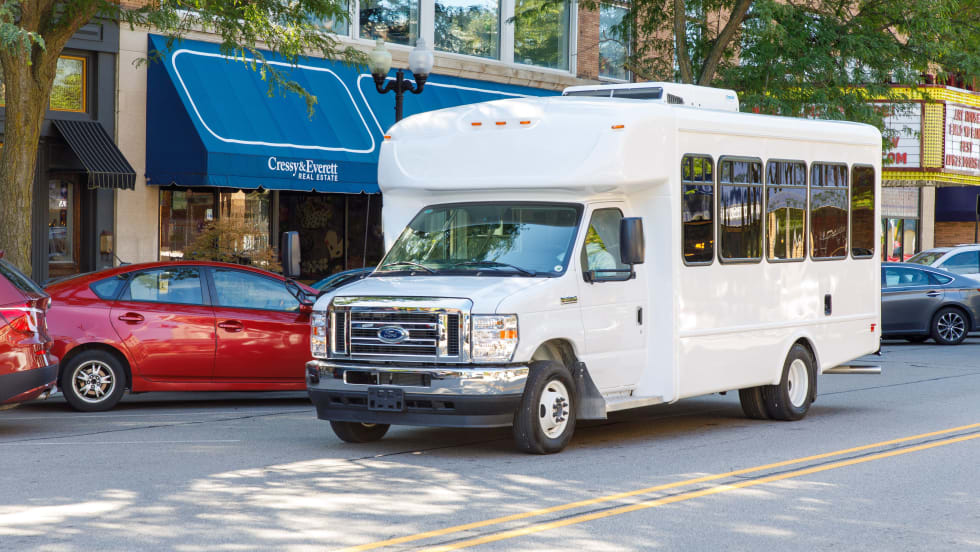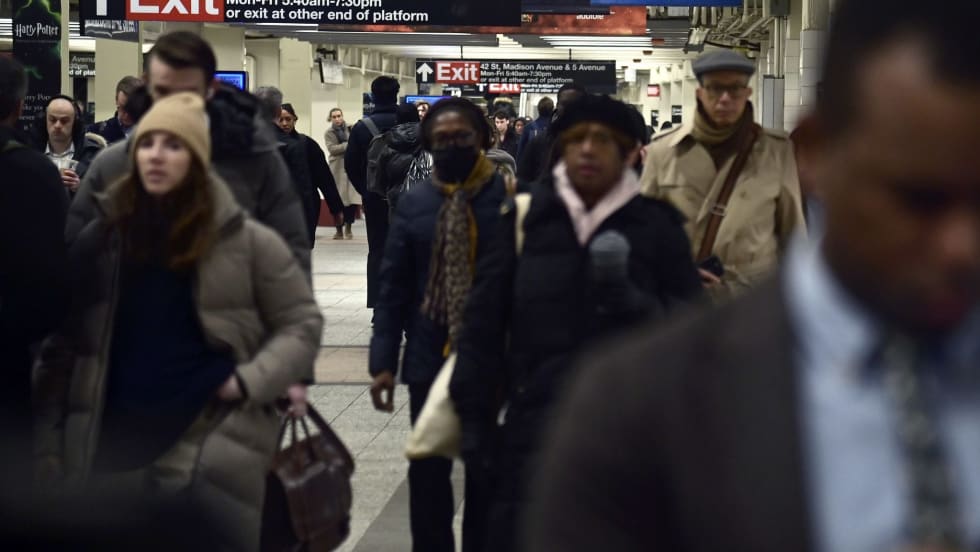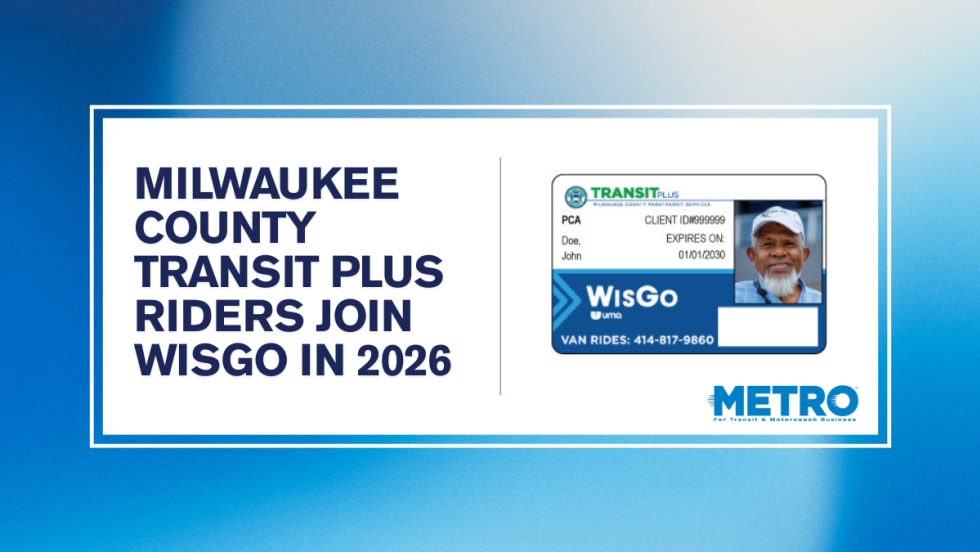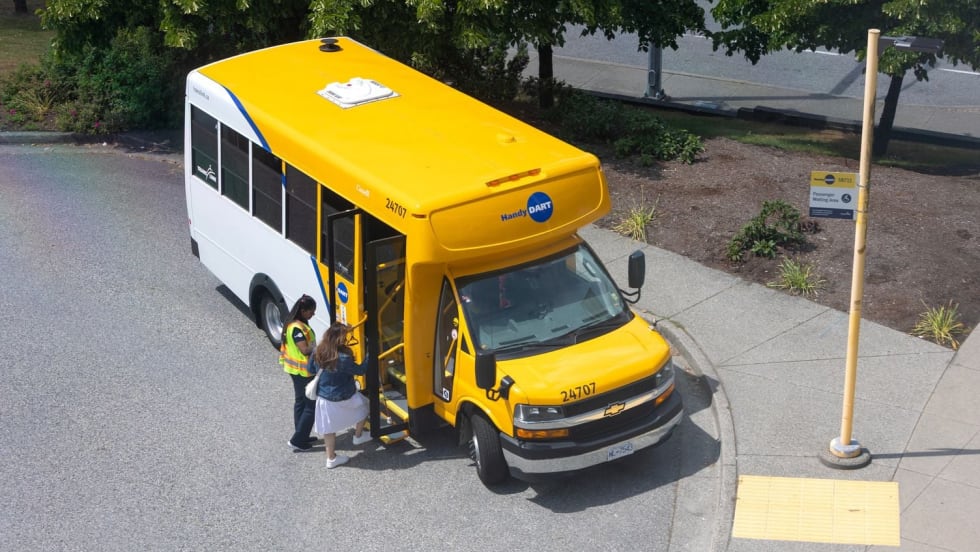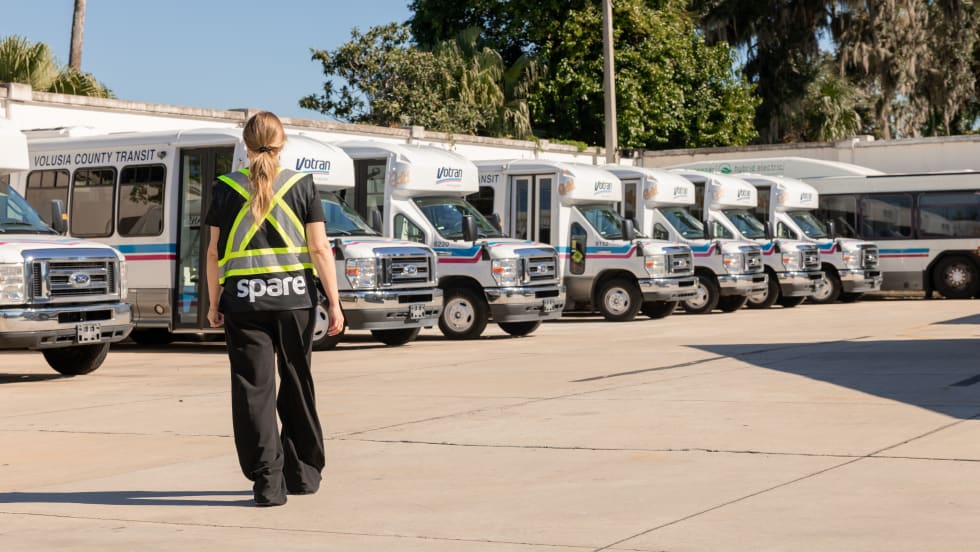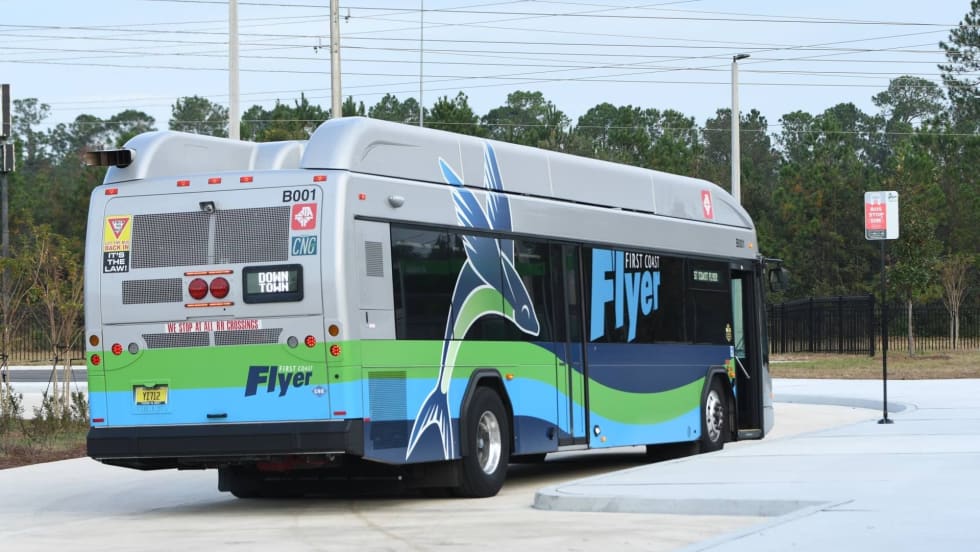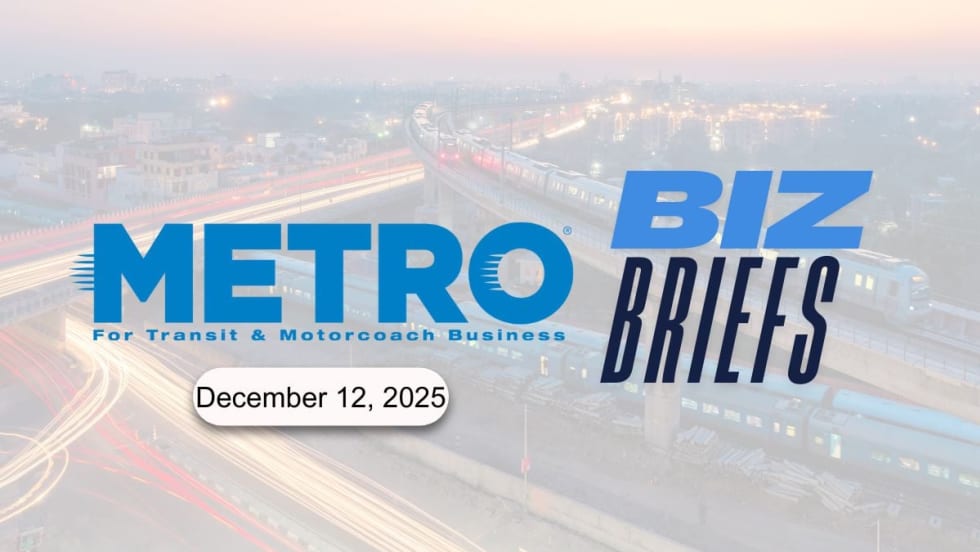New York’s Metropolitan Transportation Authority (MTA), in partnership with the New York City Department of City Planning (DCP) and the NYC Mayor’s Office for People with Disabilities (MOPD), launched “Elevate Transit: Zoning for Accessibility” — a proposed citywide zoning change that would allow the MTA to leverage planned private development to achieve a fully accessible transit system faster while saving taxpayer dollars as the MTA faces financial challenges caused by the ongoing pandemic.
The new zoning proposal incentivizes private developers to design their buildings to incorporate public station accessibility projects or build the improvements at nearby MTA stations. Zoning for Accessibility will benefit all New Yorkers, particularly riders with mobility disabilities, seniors, parents of young children, and others who need accessible stations to use the system. Zoning for Accessibility will create a new set of tools — and strengthen existing ones — that build off the MTA’s unprecedented commitment of over $5 billion of funding for 77 accessible subway, Long Island Rail Road, Metro-North Railroad, and Staten Island Railway station projects within New York City in the historic 2020-2024 MTA Capital Plan.
“Zoning for Accessibility will help the MTA speed up the rate at which we accomplish our goal of systemwide access for all New Yorkers,” said MTA Chief Accessibility Officer Quemuel Arroyo. “This joint effort with the city and private sector will drive the type of innovation we need to create a more equitable city where all New Yorkers, and visitors, have access to everything the city has to offer.”
The innovative proposal would allow developers to help deliver transit station accessibility throughout the city in two ways:
Easement Certification - This provision will require developers of sites adjacent to subway, Staten Island Railway, Long Island Rail Road, and Metro-North Railroad stations within New York City to consult with the MTA first to determine whether the MTA needs an easement (permanent access to a small piece of property) for future accessibility projects at the adjacent station. Easements can play a critical role in helping mitigate expensive, time-consuming barriers to constructing elevators such as underground utility relocations and allow for station designs that better serve riders. If the MTA determines an easement is necessary, the developer will receive targeted zoning relief to compensate for the space needed for the easement.
Transit Improvement Bonus - This provision would expand the existing “transit improvement bonus” from central business districts to other high-density areas in the City. The program incentivizes private developers to directly fund and build new transit station access improvements, such as elevators or circulation improvements at already accessible stations. Developers in the highest density districts may qualify for a density bonus of up to 20% to help offset the cost of construction. Accessibility improvements attained through the bonus mechanism are achieved at no cost to the MTA and will be in addition to projects funded through the MTA’s Capital Plan. Each bonus application will still require a public review and approval process.
All parts of the city will benefit from Zoning for Accessibility, as the MTA will be able to make more stations accessible on a faster timeline and provide more accessible routes for its customers.



